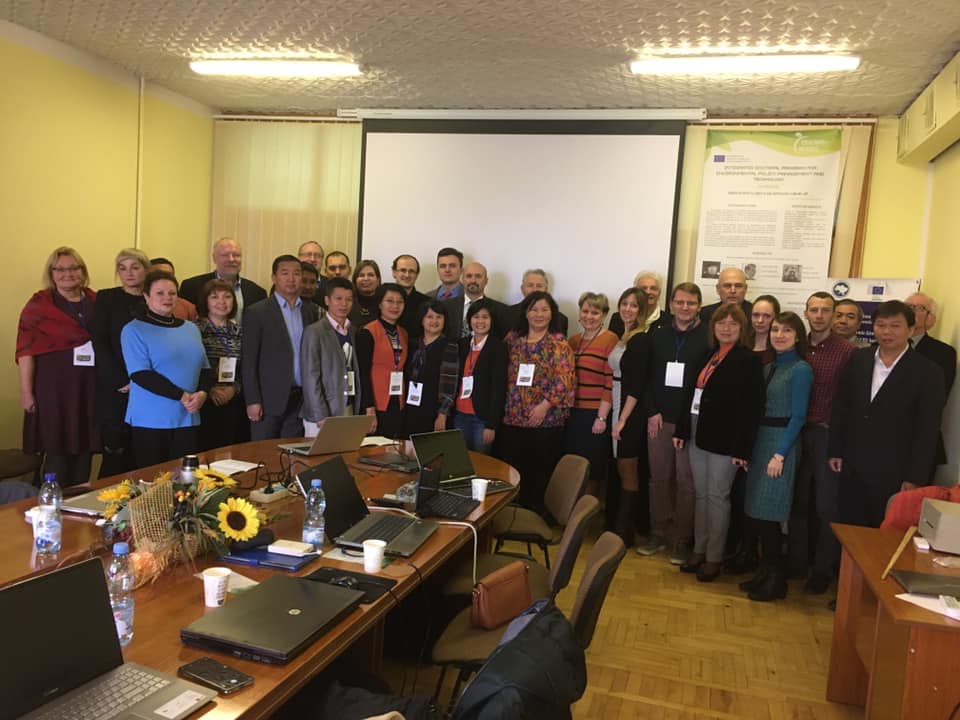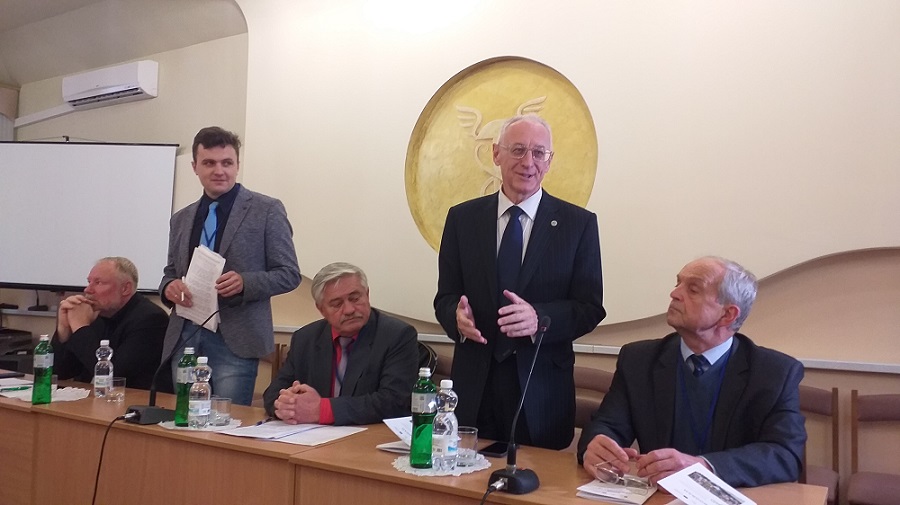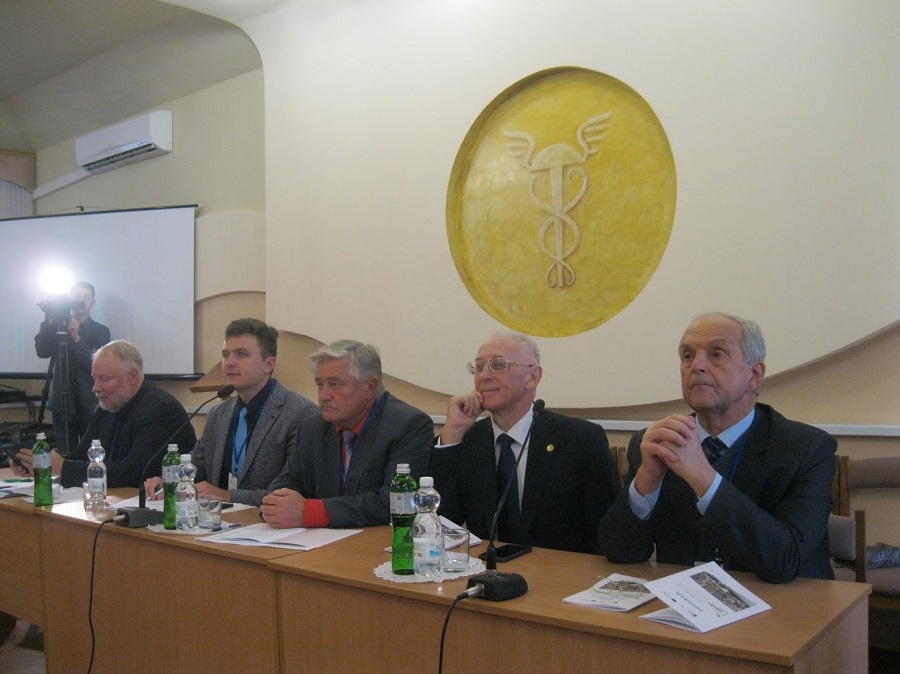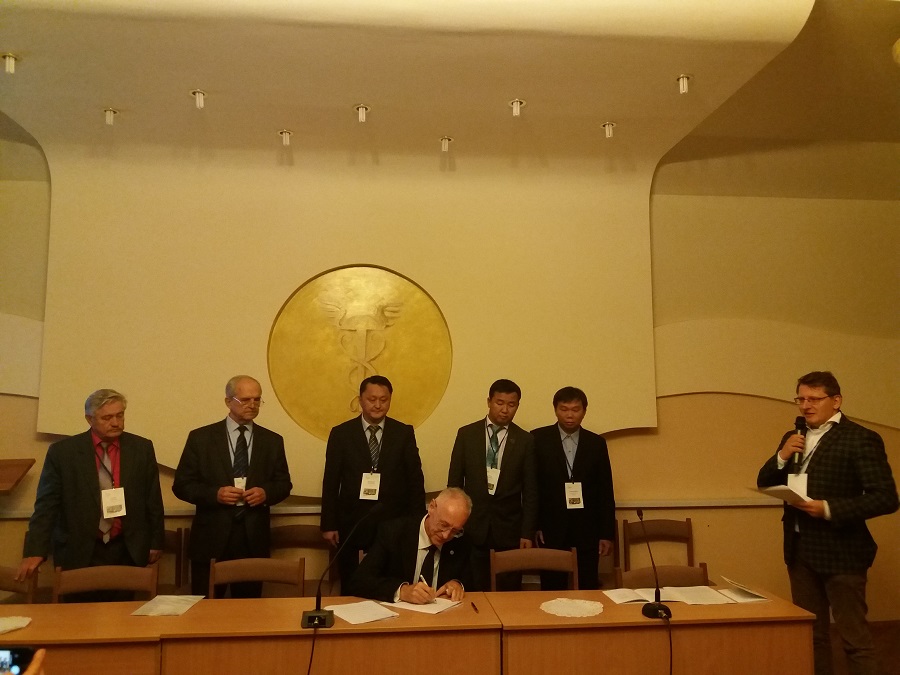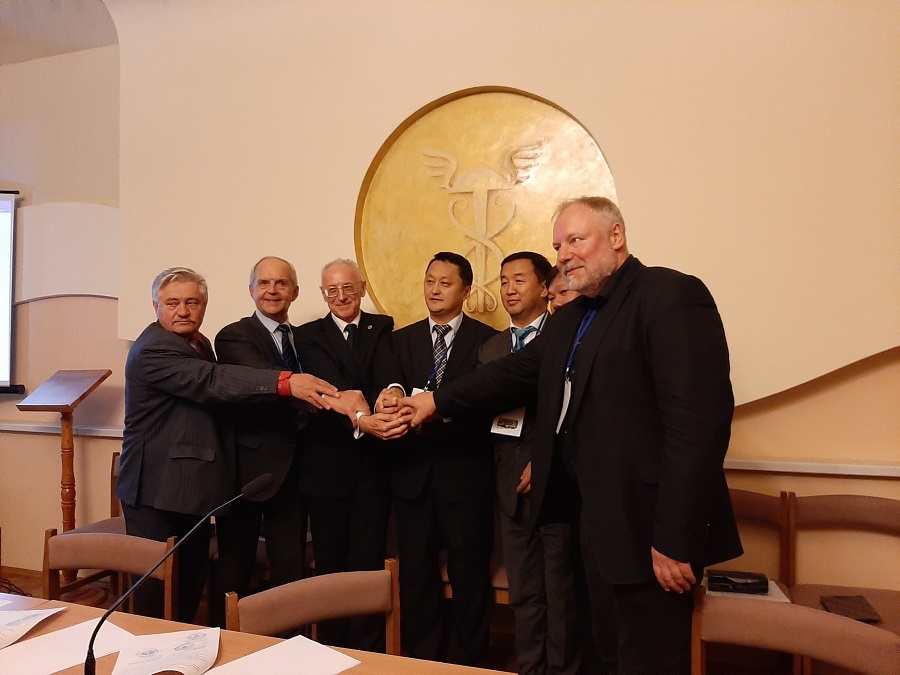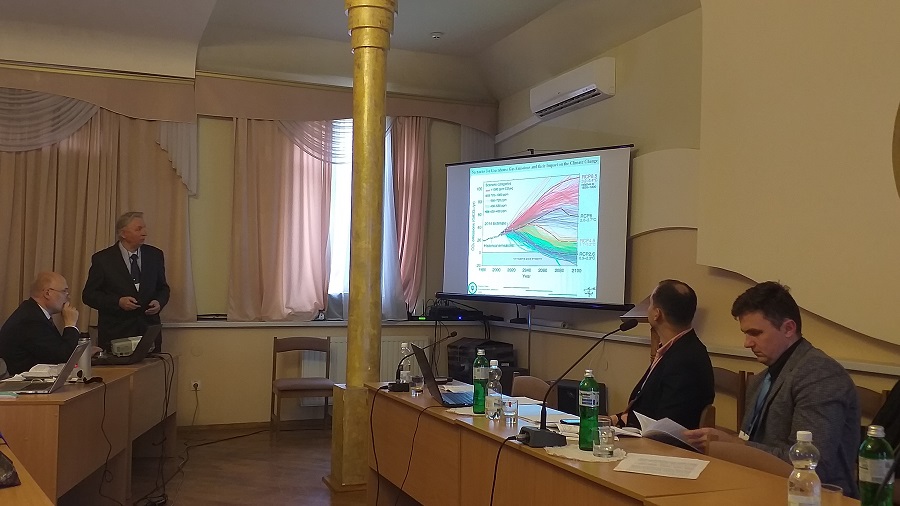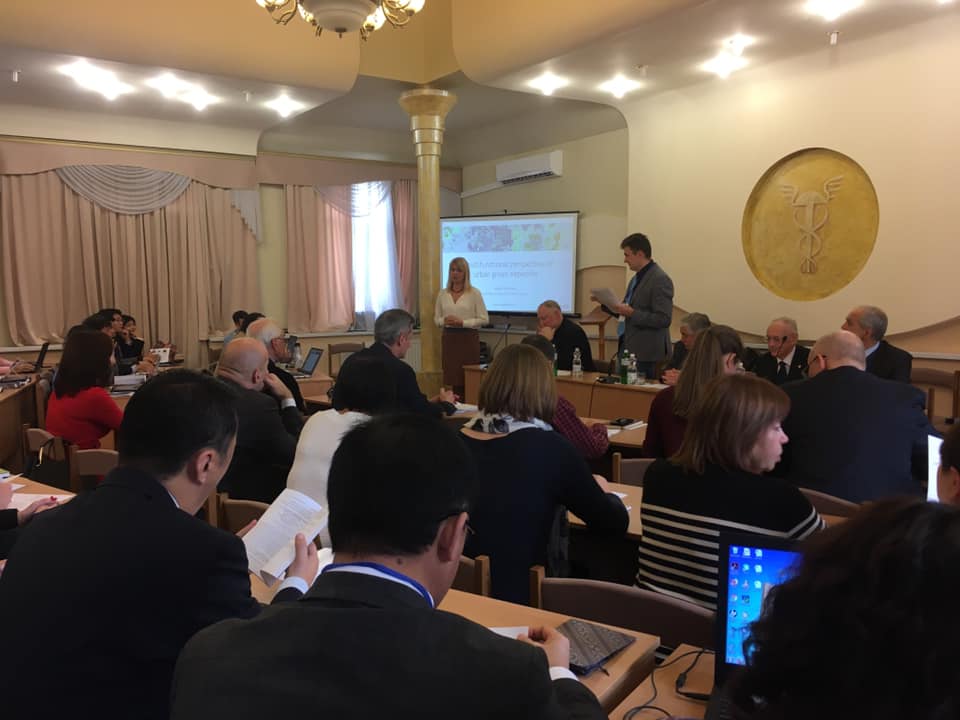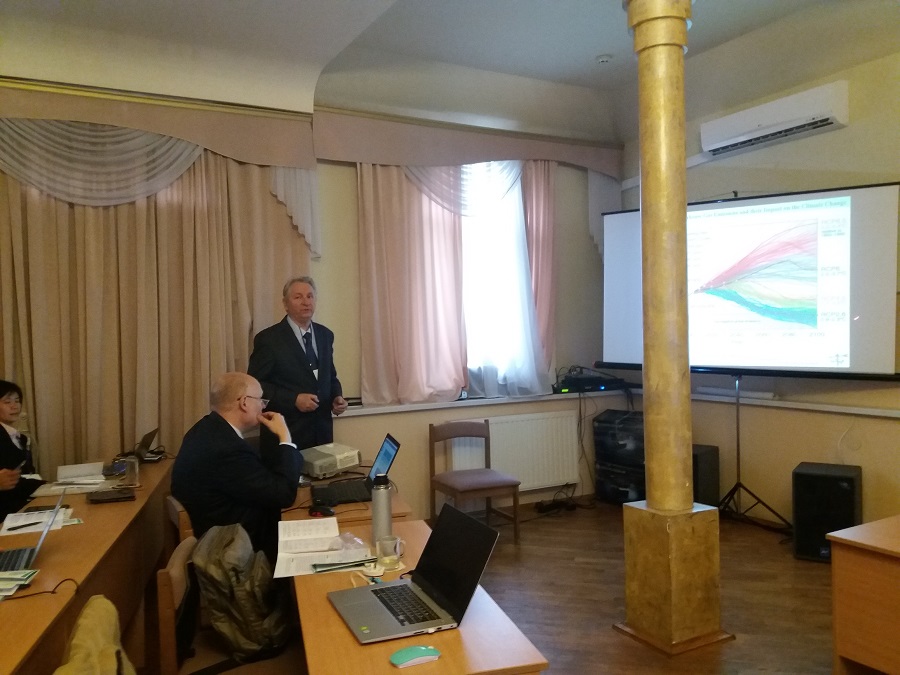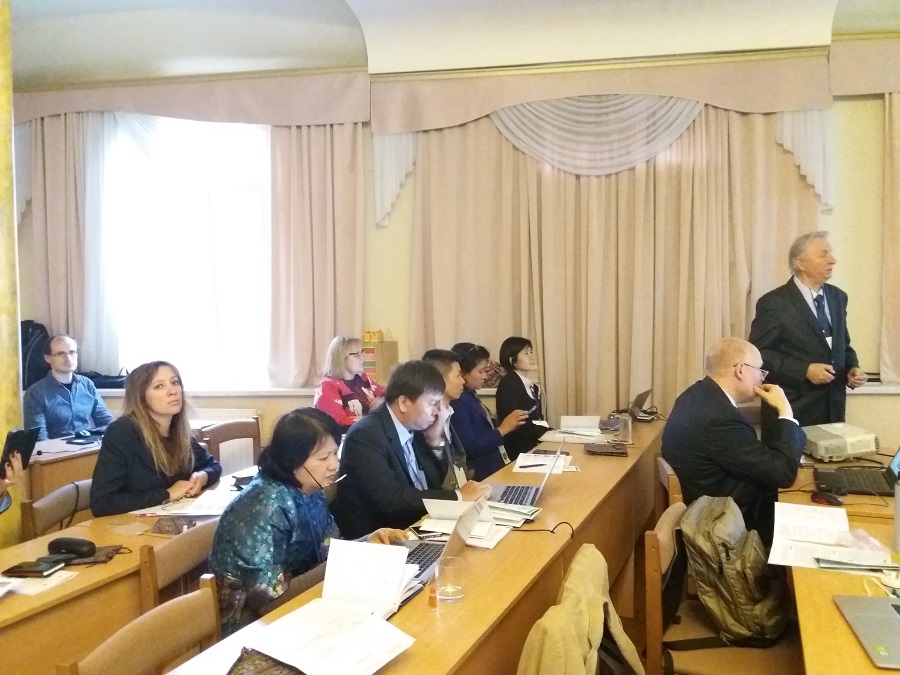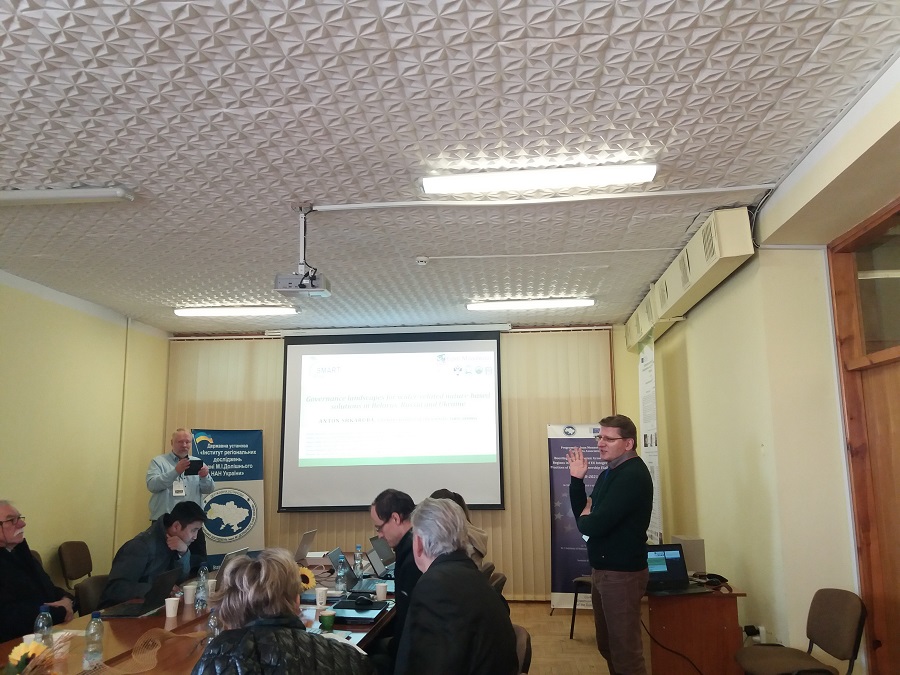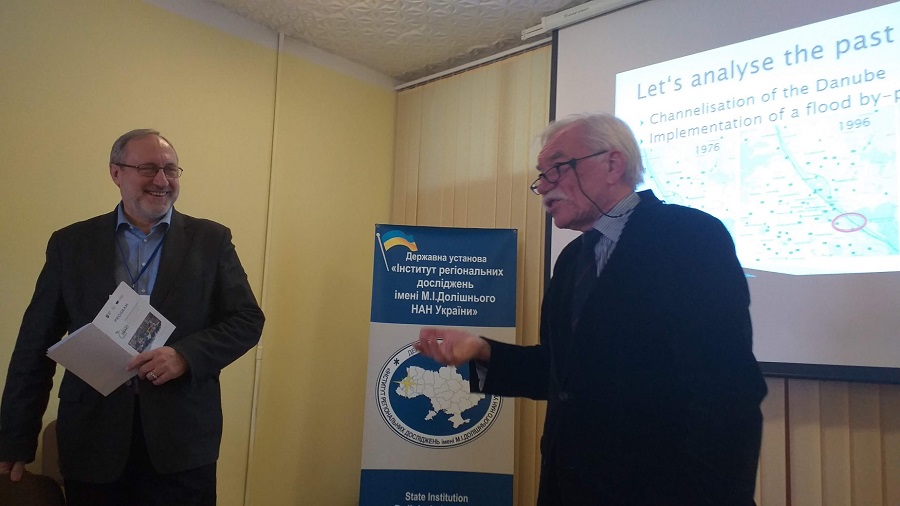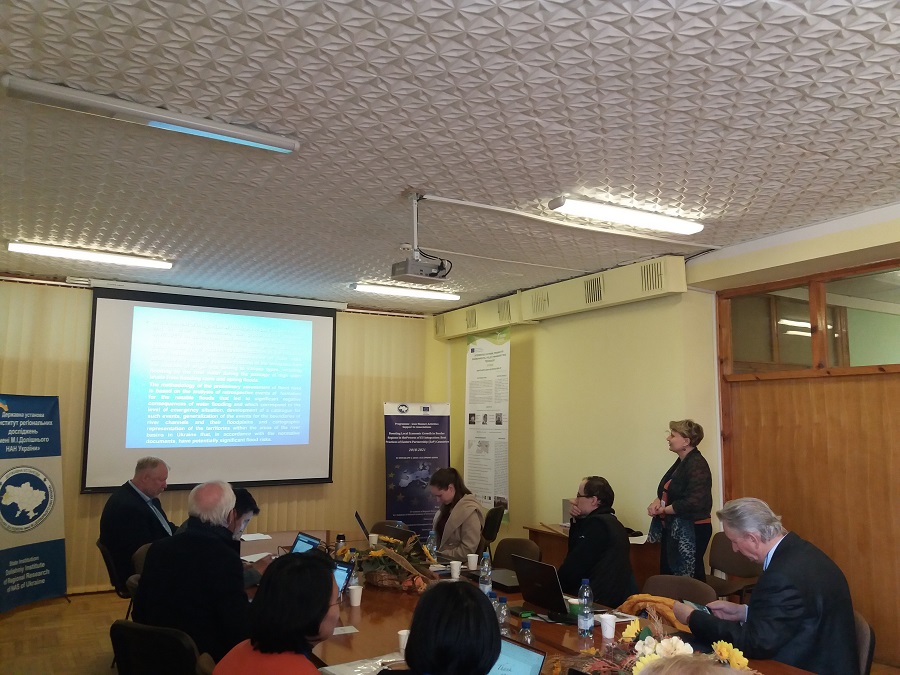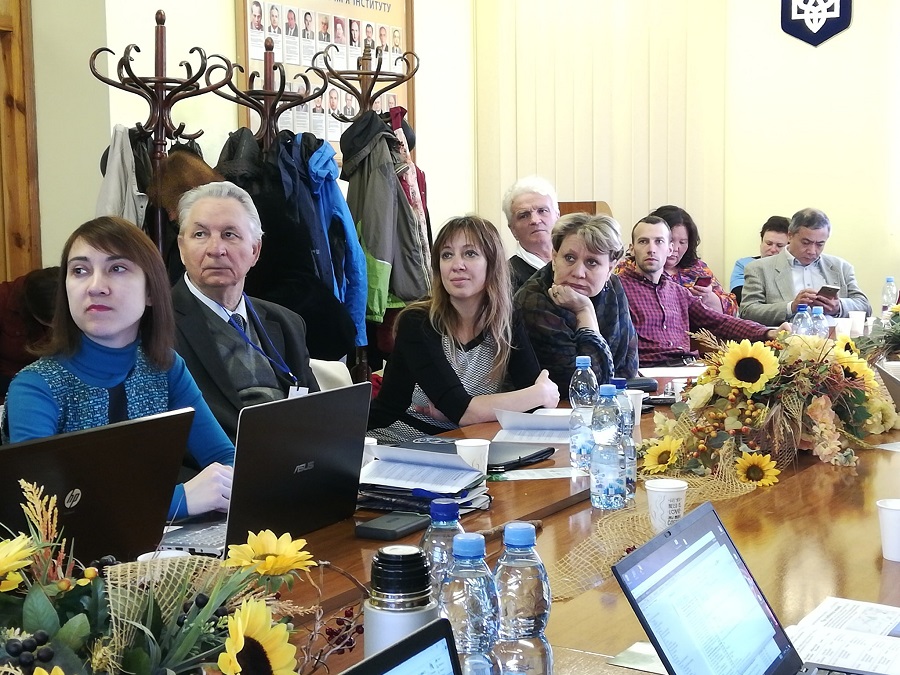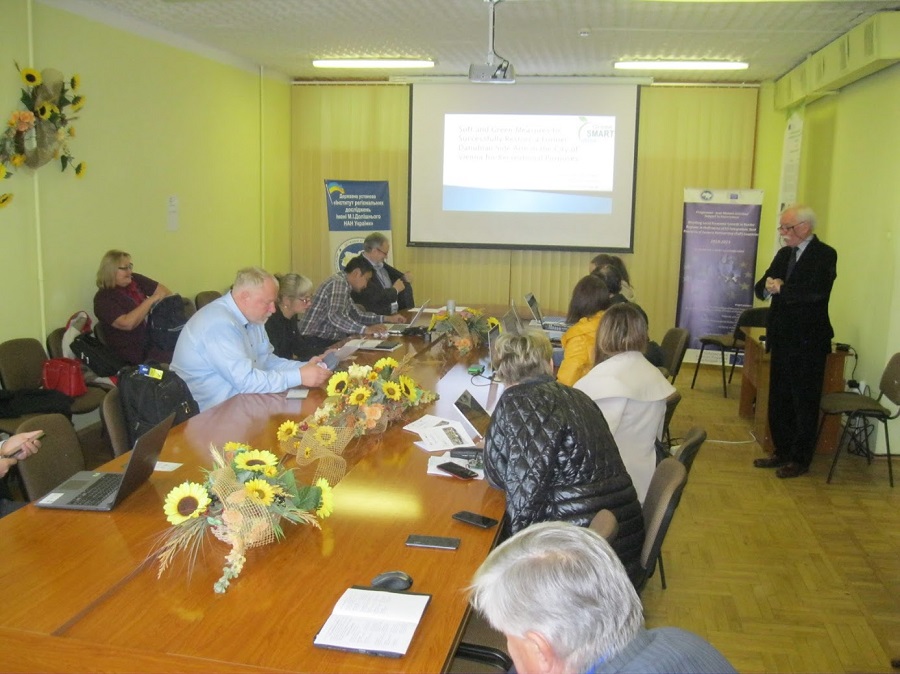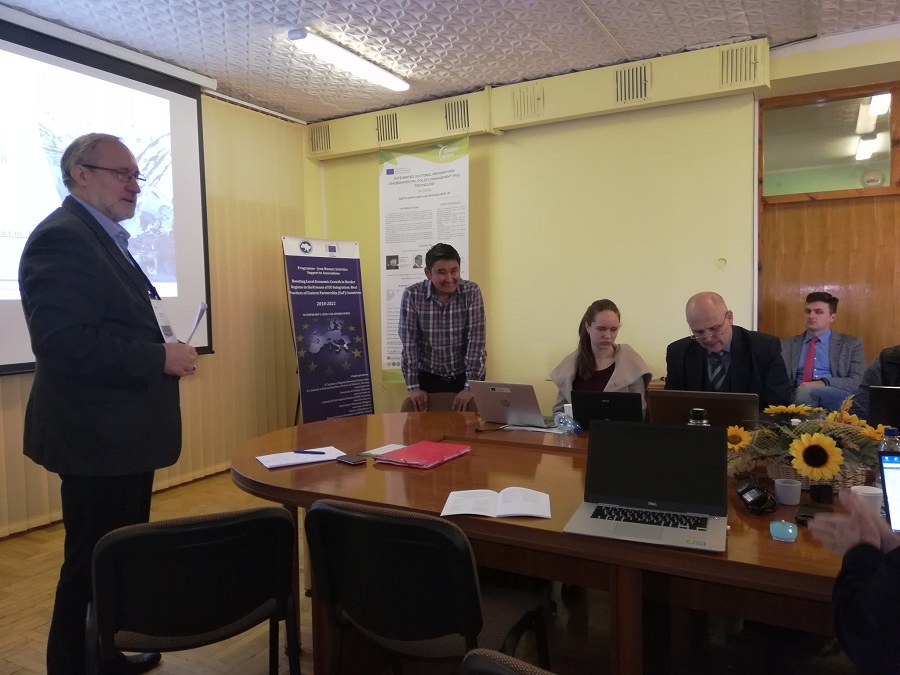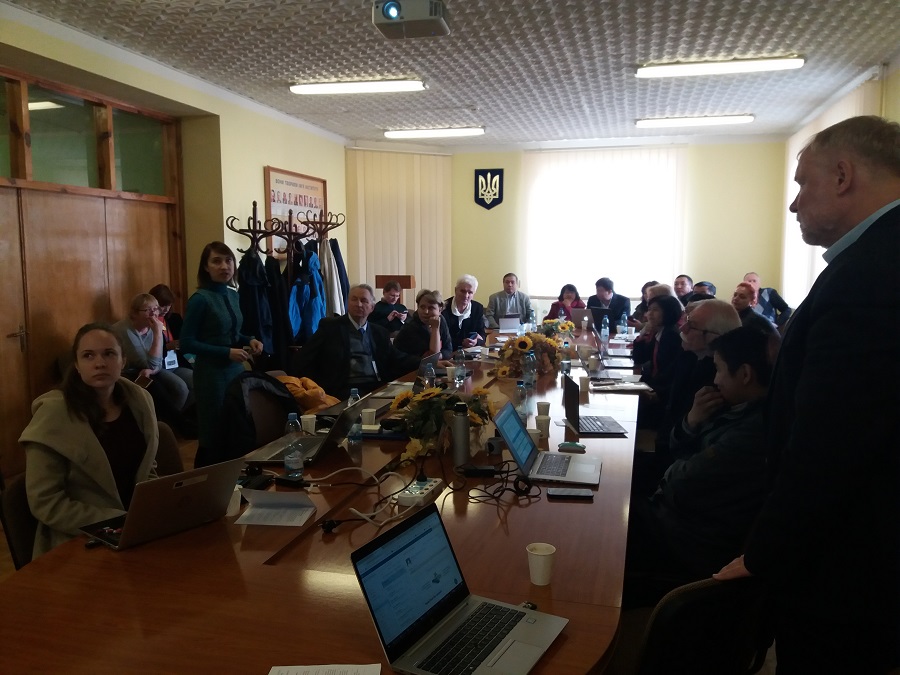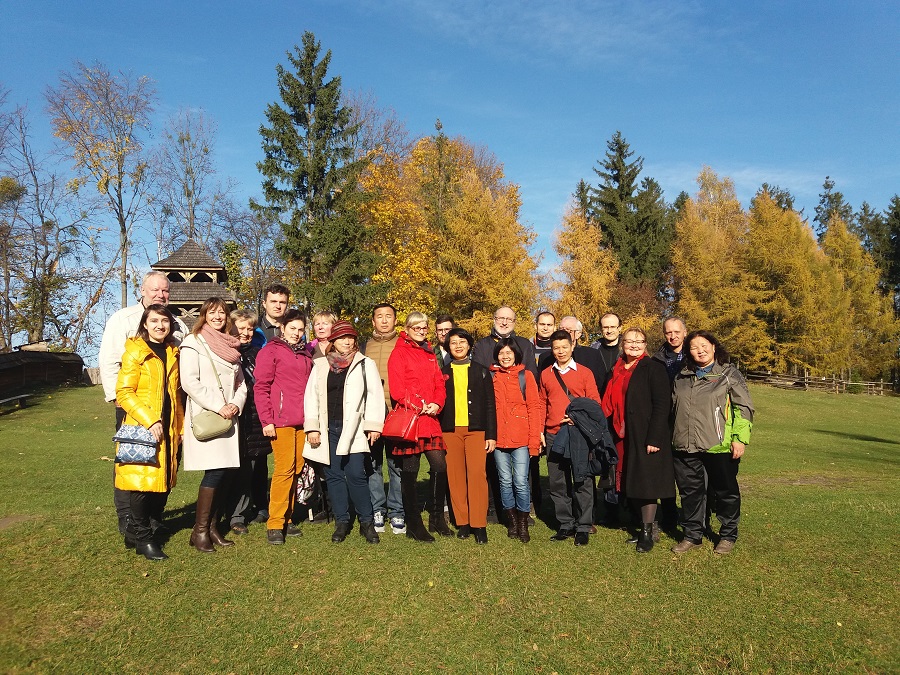Open Science Conference ‘Smart Green & Smart Blue: exploring nature-based solutions and ecosystem services approaches in environmental management, planning & policy’ took place in Lviv, Ukraine, on 7 – 9 November 2019.
The conference took stock of smart green and smart blue solutions for urban and territorial sustainability, with a particular focus on transfer and applicability of policy, management and technology innovation.
The conference was organized by the Institute of Ecology of the Carpathians of the National Academy of Sciences of Ukraine under the Erasmus+ CBHE INTENSE project with support from Lviv City Council, and in cooperation with Estonian University of Life Sciences, Kharkiv V.N. Karazin National University and Odessa State Environmental University.
The event was attended by the academic staff from Austria (University of Natural Resources and Life Sciences, Vienna), Estonia (Estonian University of Life Sciences, Tartu), Latvia (University of Latvia), Mongolia (National University of Mongolia, Khovd University), Vietnam (Hanoi University of Science and Technology, Ho Chi Mihn City University for Natural Resources and Environment) and Ukraine (Odessa State Environmental University, Kharkiv V.N. Karazin National University, Institute of Ecology of the Carpathians of the NAS of Ukraine, Lviv Polytechnic National University, Ivan Franko National University of Lviv, Ukrainian National Forestry University), as well as representatives of the City Planning Department of Lviv City Council.
The Conference addressed the following areas:
– Urban regeneration through nature-based solutions
– Nature-based solutions for improving well-being in urban areas
– Green and blue infrastructure in physical planning and landscape architecture
– Multi-functional nature-based watershed management and ecosystem restoration
– Nature-based solutions for increasing the sustainability of the use of matter and energy
– Nature-based solutions for enhancing the insurance value of ecosystems
– Increasing carbon sequestration through nature-based solutions
– Green (including biobased, circular etc) economy for cities and territorial resilience
– Integration of cultural values and ecosystem services in planning and environmental management
Keynote speakers:
Miguel Villoslada (Estonian University of Life Sciences), Raimonds Ernšteins (University of Latvia), Yaroslav Henyk (Ukrainian National Forestry University), Viktar Kireyeu (Erda Research Technology Education, the Netherlands), Oksana Maryskevych (Institute of Ecology of the Carpathians, Ukraine), Hans-Peter Nachtnebel (University of Natural Resources and Life Sciences, Austria), Thị Vân Hà Nguyễn (Ho Chi Mihn City University for Natural Resources and Environment, Vietnam), Ochir Altansukh (National University of Mongolia), Kalev Sepp (Estonian University of Life Sciences, Estonia), Volodymyr Zhyk (Lviv Polytechnic National University, Ukraine).
On 7 November 2019, a milestone event – the signing of the national and international agreements on establishment of the Doctoral School in Environmental Policy, Management and Technoecology – took place. The national agreement was signed by Ukrainian partners: Institute of Ecology of the Carpathians of the NAS of Ukraine, Odessa State Environmental University and Kharkiv V.N. Karazin National University, and the Framework agreement on the establishment of the international doctoral school network INTENSE – by partner universities from Mongolia and Vietnam as well. This agreement is a vital document that will assist to sustainable development of Integrated Doctoral Program for Environmental Policy, Management and Technology. Upon the launch of the doctoral school, PhD students from various countries will be able to study under the new programme.
On 8 November 2019, the conference continued and the INTENSE Coordination Meeting was held to discuss the state of development of e-learning courses and MOOCs on sustainable development, as well as organizational issues.
On the third day of the event, the participants were acquainted with the Lviv green areas – their arrangement in the landscape, structure, historical and cultural significance, challenges and prospects of expansion and arrangement. In particular, the participants visited the Stryiski Park, the regional landscape park Znesinnia and Shevchenkivskyi Hai (Museum of Folk Architecture and Life), and took a view of the city from the High Castle.


